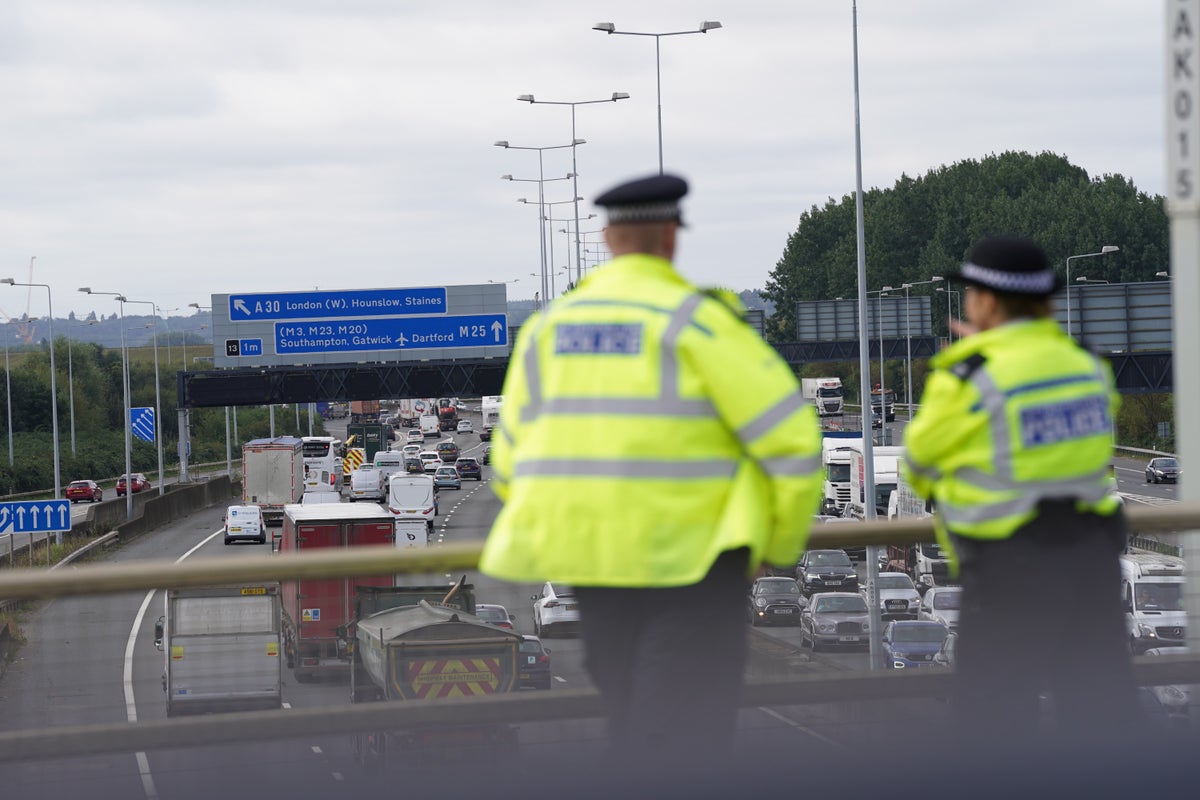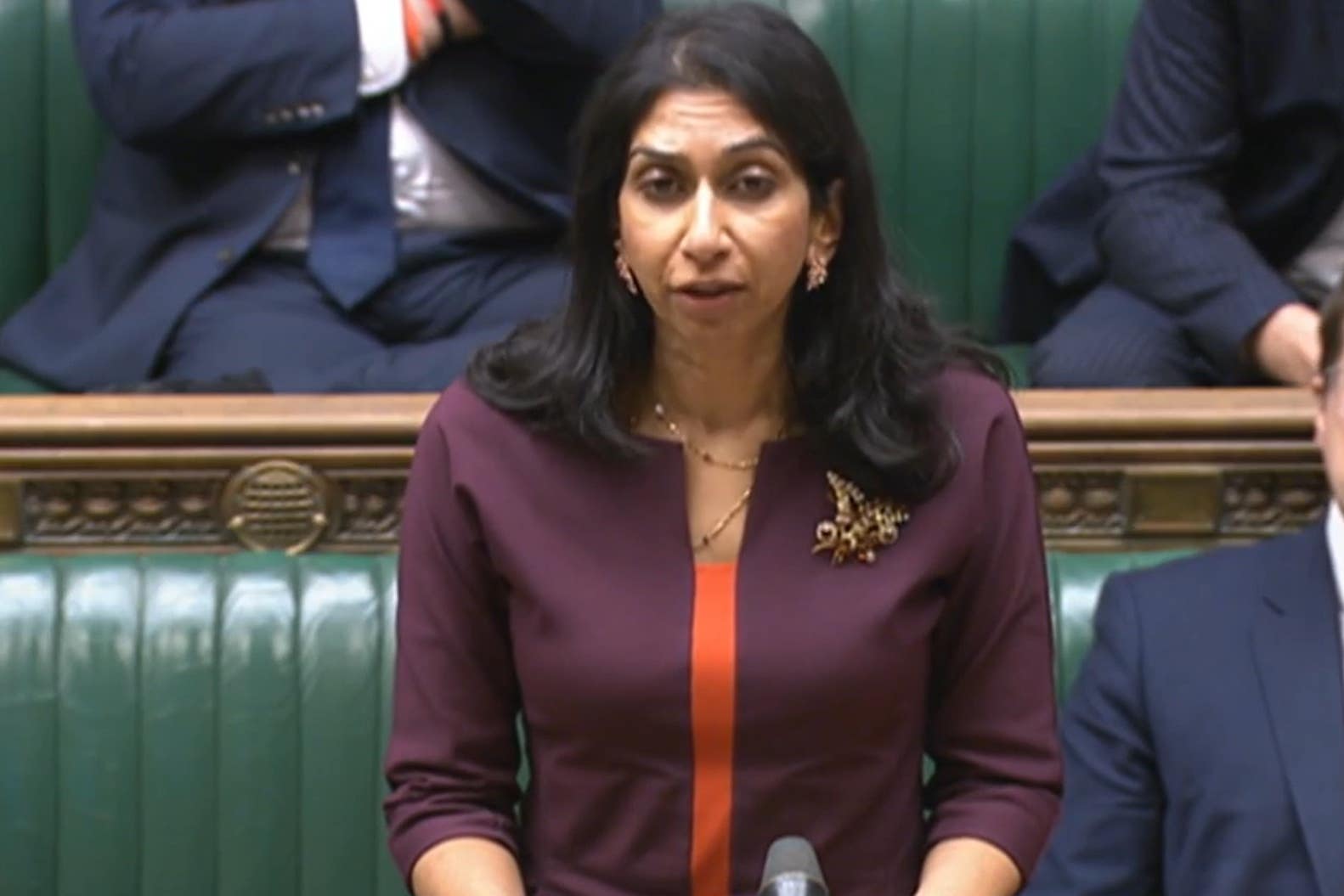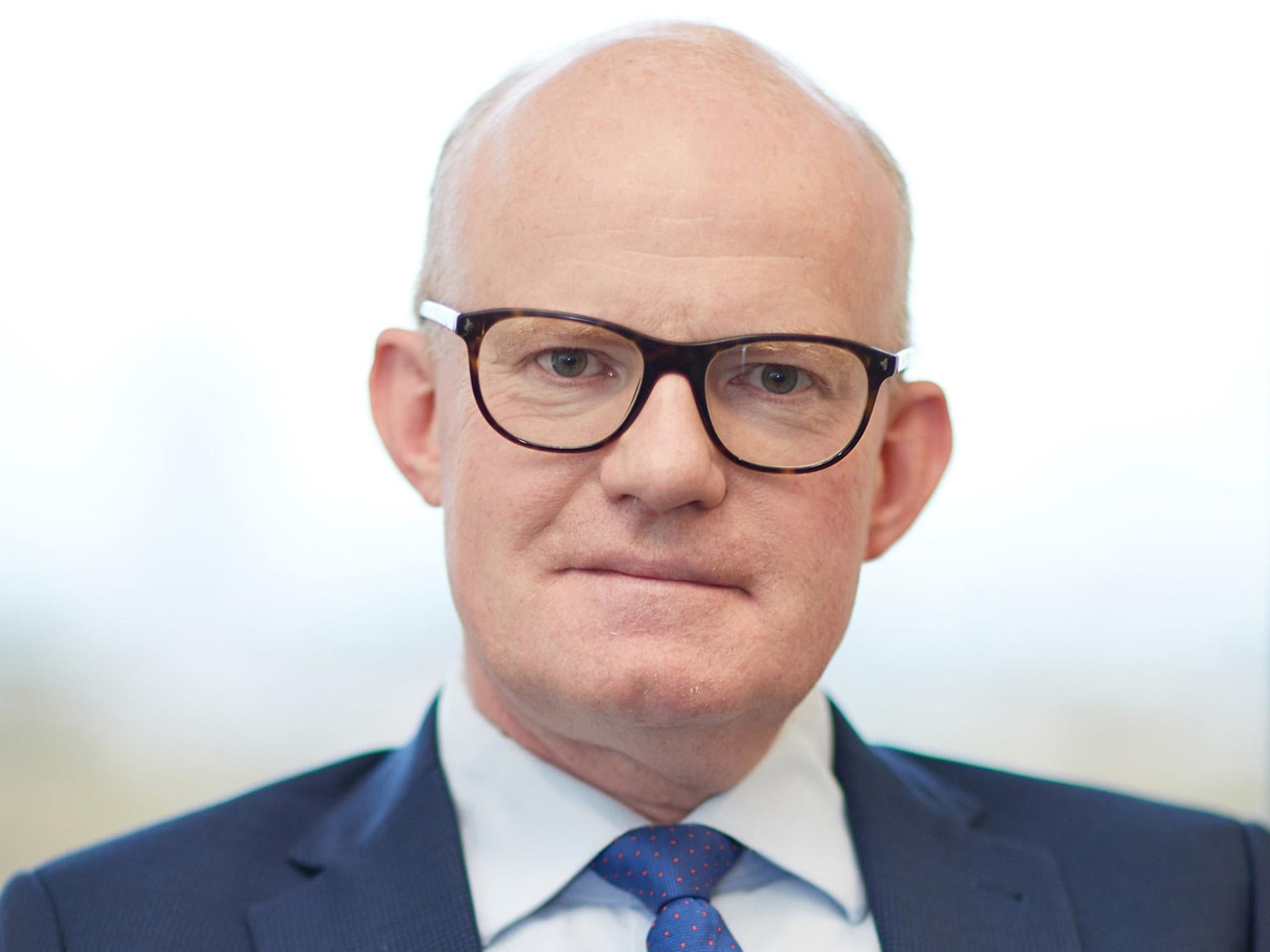
Human rights laws are not stopping environmental protesters being charged with crimes, the head of the Crown Prosecution Service (CPS) has said after Suella Braverman called for harsher enforcement.
Following a wave of disruptive protests on the M25 by Just Stop Oil, the home secretary told police they should take a “firmer line” and claimed a Supreme Court ruling on freedom of expression was being “misinterpreted”.
“New criminal offences will allow for punitive outcomes that reflect the harm caused by the selfish, criminal minority,” she told a national police conference in November. “Too often, the rights of protesters are placed above the rights of others.”
But Max Hill KC, the director of public prosecutions, told The Independent that the authorities already “have the legal tools we need”.
“Whether we are talking about Extinction Rebellion, Insulate Britain or Just Stop Oil, a huge collaborative effort between the police and prosecution has ensured that hundreds of cases have been brought before courts,” he said.
“The legal tools we are using, which are always those set by parliament, now include the offence of public nuisance, which has been placed on a statutory footing for the first time, and obstruction of the highway, which is the same offence as the past 40 years. We have the legal tools we need.”
Parliament is currently considering the Public Order Bill, which would make it a crime for protesters to “lock on” to each other and objects and would allow police to search anyone near a demonstration, without suspicion, to check for tools.

The law would also create protest-banning orders, allowing demonstrators to be electronically tagged and have their movements, associations and online activity restricted even if they have not been convicted of a crime.
The same measures were defeated by the House of Lords in January 2022, when they were put forward as part of the wide-ranging Police, Crime, Sentencing and Courts Bill, which became law last April.
Ms Braverman has backed the Public Order Bill, which was originally put forward by her predecessor Priti Patel, telling parliament it “reflects the government’s duty to put the safety and interests of the law-abiding majority first”.
She is also considering changes to human rights laws, after saying she believed the UK should leave the jurisdiction of the European Court of Human Rights.
Speaking at an event on the sidelines of October’s Conservative Party conference, she said the move was “not government policy” but a “personal position”.

The home secretary has taken aim at a 2021 Supreme Court ruling that demonstrators can have a “reasonable excuse” for blocking roads under human rights laws. This ruling changed the balancing exercise police officers perform when taking action against disruptive protests, and the way they weigh the competing rights of demonstrators and those affected by their actions.
Ms Braverman has claimed that powers to restrict protests have not been used enough because of a “restricted interpretation” of the law. As attorney general, she launched a legal challenge following the acquittal of protesters who had toppled the statue of slave trader Edward Colston into Bristol Harbour.
It saw the Court of Appeal rule that human rights could not be used as a defence in cases of serious criminal damage or violence.
Mr Hill said the home secretary’s appeal was one of several cases that have illustrated the “limitations” of protections against prosecution and conviction, adding: “Any further clarification of [the 2021 protest ruling] from the Supreme Court would be welcome, but this doesn’t stop us prosecuting.”







